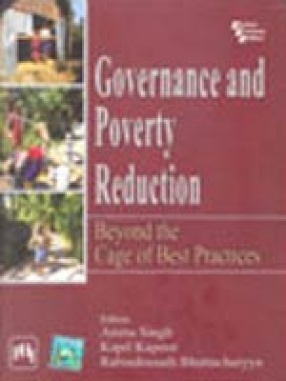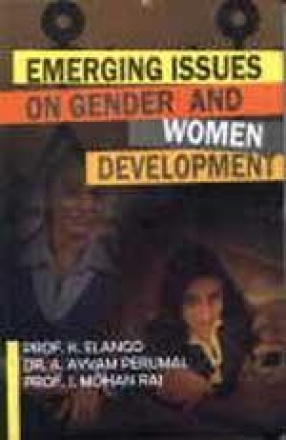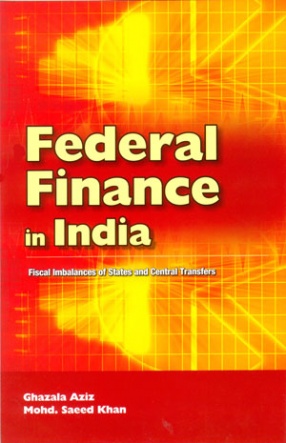The present book has been grown out of my original work on ‘the Ecological challenge to public-Policy in Indiaâ€. The central theme of the book is based on the fears associated with the unqualified and unfounded optimism of our policy makers in the future development of rural India throughout the institutional structures that have guided our development policies since independence. It is becoming largely evident all over the globe that countries that have been taking their grassroot resources policies with the casualness of adhoc structures have landed up into high rates of inflation, mounting indebtedness and an obstinate poverty. The era of liberal exchange has come to stay but it should not be allowed to asphyxiate the creative adaptability about the future development of resource policles has been inescapable. However, the purpose is to achieve some insight into the policy perspectives for the village. The complexity and interrelatedness of resource questions with the society demands that the policy maker can under no circumstances afford to ignore the integrated and comprehensive treatment of village problems. Most segregations that have come to stay in the policy framework have raised innumerable mutually hostile departments which continue to indulge segmentally into the integrated village structures. This is leading to a political and cultural breakdown of rural society. Since even the rural urban divide is now more of an artificial arrangements the village mismanagement takes a heavy toll over the civic life in the cities. If people of this country aspire to avoid destructure confrontations and food riots they have to start working on replacing the present centralized bureaucratic administration with an ecological self help management structure through local deliberations and gender free participation.
Underutilized Food for Pregnant Women
$36.00
$40.00








There are no reviews yet.